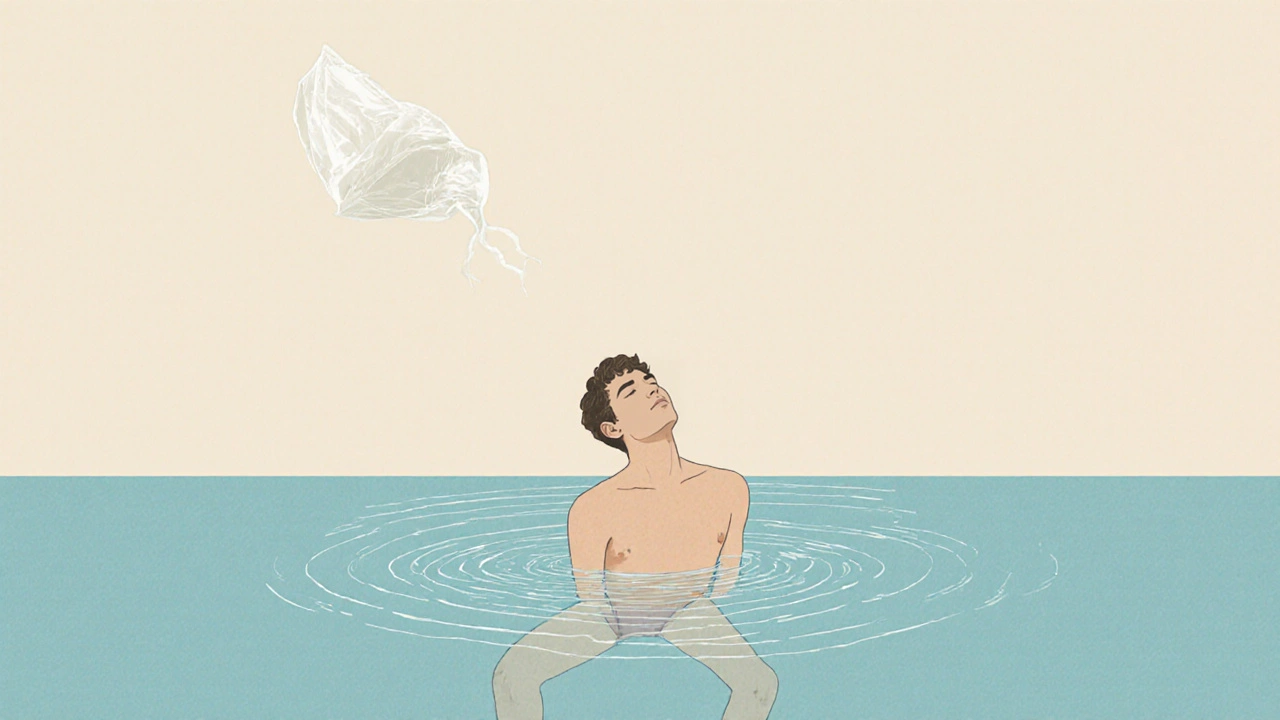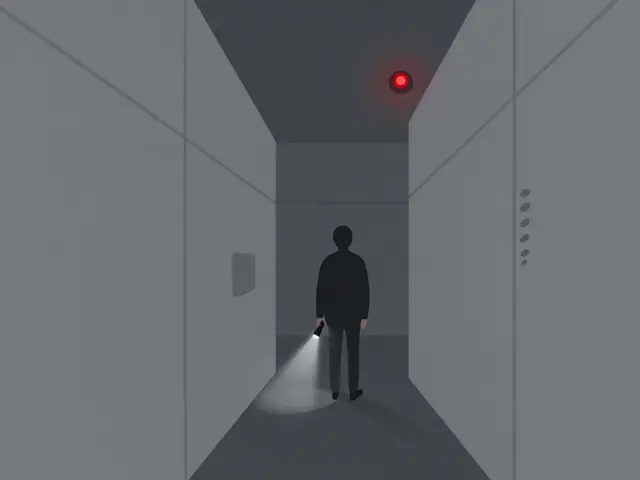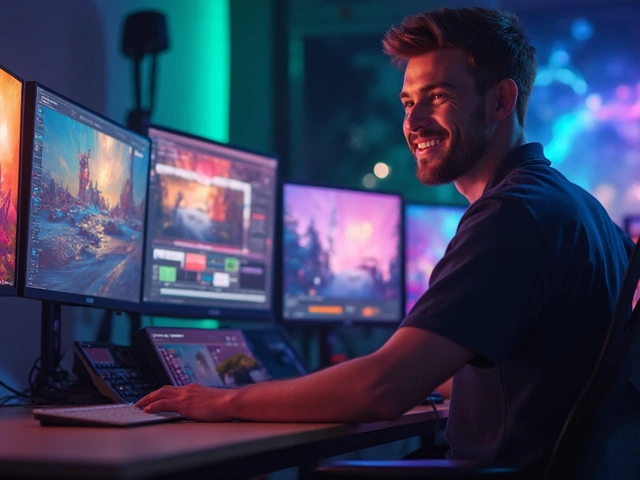New Hollywood: The Film Movement That Changed Cinema Forever
When we talk about New Hollywood, a revolutionary wave of American filmmaking from the late 1960s to the early 1980s that put directors in control and rejected studio conventions. Also known as American New Wave, it gave us films that felt raw, personal, and dangerously real—films where the hero wasn’t perfect, the ending wasn’t happy, and the camera didn’t look away. This wasn’t just a style. It was a rebellion. Directors like Steven Spielberg and Francis Ford Coppola walked into studios with new ideas, new cameras, and new ways of telling stories—and they forced Hollywood to listen.
New Hollywood didn’t happen in a vacuum. It was shaped by the rise of independent cinema, a movement where filmmakers worked outside the studio system, often with tiny budgets and big ambitions. Also known as indie film, it gave birth to directors like Darren Aronofsky, who started with a $60,000 film called Pi and ended up redefining what emotional storytelling could look like on screen. The same spirit lives in films like Raiders of the Lost Ark, where practical effects and a flawed hero made adventure feel human again. It’s also in Rashomon, where Kurosawa showed that truth isn’t fixed—it’s shaped by pride, fear, and memory. These aren’t just movies. They’re experiments in how we see people, how we trust stories, and how we deal with chaos.
The legacy of New Hollywood isn’t just in the classics. It’s in how we watch now. When you organize your streaming apps to avoid algorithm mix-ups, you’re doing what New Hollywood filmmakers did: taking control. When you downgrade your plan to save money but still watch what matters, you’re choosing quality over noise. When you seek out documentaries on Max or horror films at Fantastic Fest, you’re following the same path: curiosity over convenience. This movement didn’t end. It just got quieter. It moved from theaters to laptops, from 35mm to 4K, from studio lots to bedrooms with editing software.
What you’ll find below isn’t a list of old reviews. It’s a map of where New Hollywood lives today—in the way we edit, stream, analyze, and argue about film. From the gaze in feminist film theory to the box office rebound of horror after the pandemic, these stories are all connected. They’re the quiet echoes of a time when filmmakers stopped asking permission and started making movies that mattered.
9
The Graduate Review: How a 1967 Film Captured New Hollywood’s Rebellion and Alienation
The Graduate captured the quiet alienation of a generation with its raw portrayal of a lost grad, groundbreaking soundtrack, and anti-hero protagonist. It changed Hollywood and still resonates today.
Latest Posts
Popular Posts
-
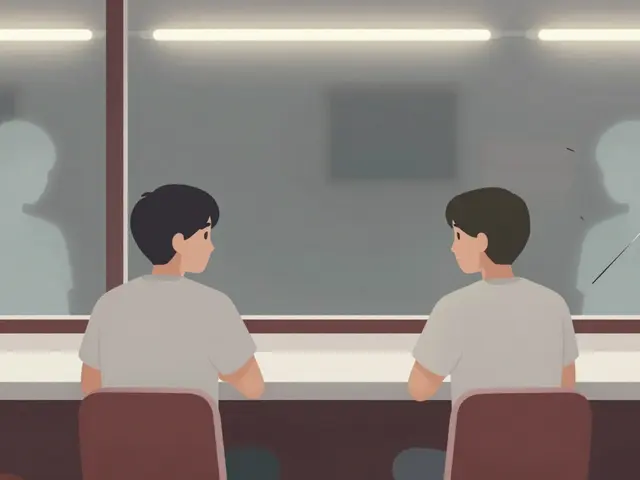 Brad Anderson's Dark Underbelly of Normalcy: Film Analysis
Brad Anderson's Dark Underbelly of Normalcy: Film Analysis
-
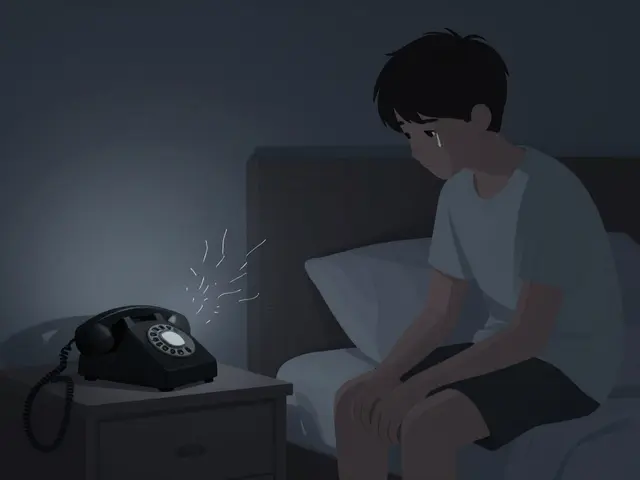 Black Phone 2 Puts Blumhouse Back on Top of the Box Office
Black Phone 2 Puts Blumhouse Back on Top of the Box Office
-
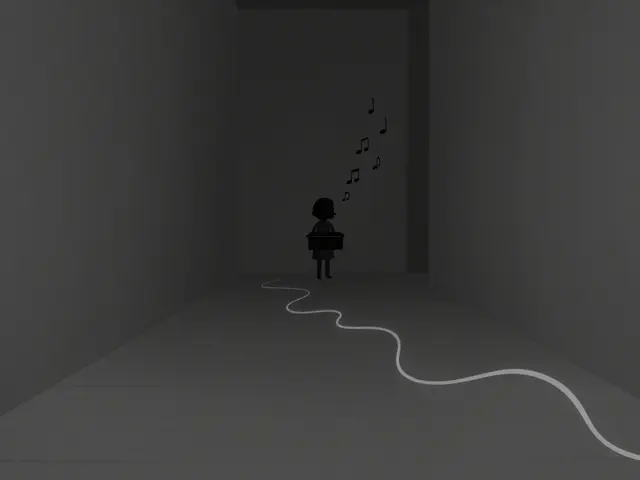 Horror Soundtracks That Scare: From The Exorcist to Hereditary
Horror Soundtracks That Scare: From The Exorcist to Hereditary
-
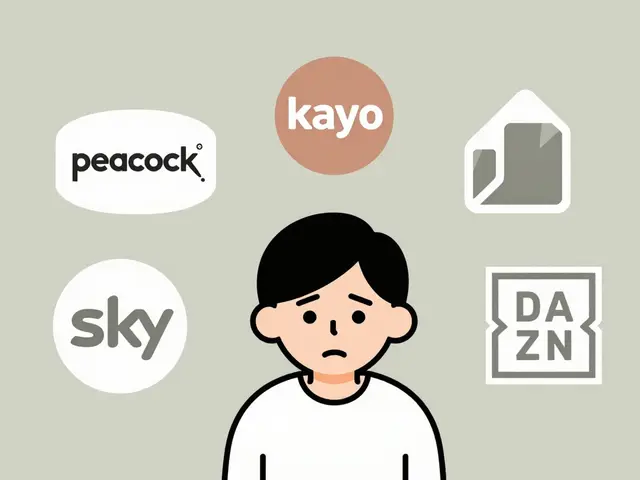 MotoGP and IndyCar Streaming Options in 2026: Where to Watch Live Races
MotoGP and IndyCar Streaming Options in 2026: Where to Watch Live Races
-
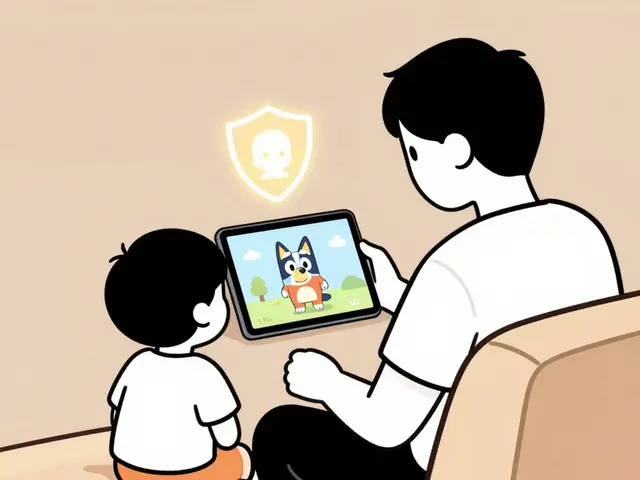 Max Parental Controls: Create Kid Profiles and Set Content Ratings
Max Parental Controls: Create Kid Profiles and Set Content Ratings
Categories
Tags
- streaming services
- video editing
- video production
- parental controls
- Max streaming
- video editing software
- marketing mix
- subscription management
- streaming apps
- video editing tips
- tips
- ROI
- video marketing
- video editing tools
- marketing strategy
- Premiere Pro
- family viewing
- classic cinema
- Kurosawa
- streaming setup
